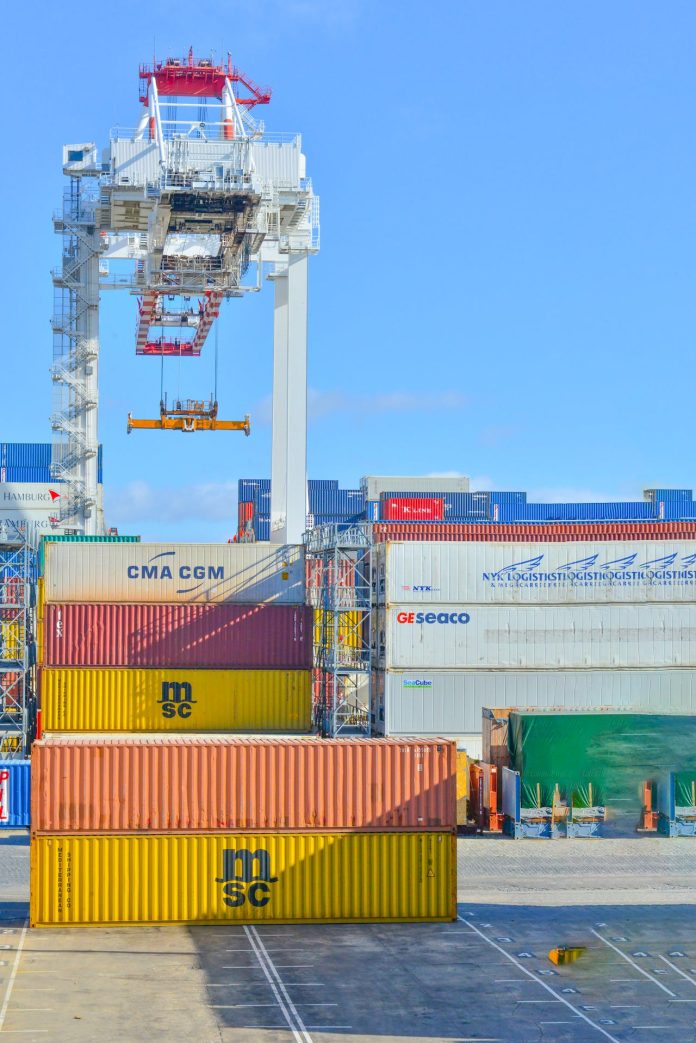In the intricate choreography of contemporary commerce, the spotlight shines brightly on Business-to-Business (B2B) logistics companies, the unsung heroes orchestrating the seamless flow of goods and services between businesses. This in-depth exploration delves into the multifaceted world of B2B logistics companies, unraveling their intricate roles, dissecting the complexities of their services, and offering a comprehensive guide on how businesses can strategically align with B2B logistics providers to achieve operational excellence.
Understanding B2B Logistics Companies:
Definition and Core Functions:
At the nexus of supply chain finesse, B2B logistics companies specialize in the meticulous management, coordination, and optimization of supply chains for businesses. In contrast to their Business-to-Consumer (B2C) counterparts, B2B logistics focuses on the efficient movement of products and materials between businesses. Core functions encompass an array of services tailored to meet the intricate needs of businesses engaged in manufacturing, distribution, and wholesale activities.
Key Services Offered by B2B Logistics Companies:
- Supply Chain Management: B2B logistics companies act as architects of the entire supply chain, ensuring a seamless flow of goods from procurement to distribution and optimizing every link in the chain.
- Freight Transportation: Offering a spectrum of transportation modes—road, rail, air, and sea—tailored to the specific requirements and urgency of B2B clients.
- Warehousing and Distribution: Providing comprehensive storage, order fulfillment, and distribution services designed to streamline inventory management and guarantee timely delivery to B2B clients.
- Inventory Management: Utilizing advanced technologies to track, manage, and optimize inventory levels, minimizing carrying costs and ensuring the perpetual availability of products.
- Customs Brokerage and Compliance: For businesses engaged in international trade, B2B logistics companies take charge of customs clearance, ensuring compliance with regulations and facilitating smooth cross-border movements.
Additional Services Provided by B2B Logistics Companies:
- Vendor Management: Collaborating with suppliers to optimize procurement processes, reduce lead times, and enhance overall supply chain efficiency.
- Value-Added Services: Going beyond the basics, B2B logistics companies offer additional services such as kitting, labeling, packaging, and assembly to add significant value to the logistics process and meet specific B2B client requirements.
- Reverse Logistics: Managing the intricate process of returns, efficiently handling defective or excess products to ensure the seamless reverse flow of goods in the supply chain.
- Technology Integration: Leveraging advanced technologies such as the Internet of Things (IoT), Artificial Intelligence (AI), and blockchain to enhance visibility, traceability, and decision-making in the supply chain.
- Risk Management: Proactively identifying and mitigating risks in the supply chain, including disruptions, delays, and other potential challenges.
Strategic Advantages of B2B Logistics Companies:
- Efficiency and Cost Savings: B2B logistics companies are finely tuned to optimize supply chain processes, resulting in increased efficiency and significant cost savings for businesses.
- Customized Solutions: Tailoring logistics solutions to meet the specific needs and requirements of B2B clients, ensuring a personalized and efficient supply chain operation.
- Scalability: Offering scalable solutions that can adapt to the changing demands and volumes associated with B2B transactions, providing a level of flexibility vital for businesses.
- Global Reach: Many B2B logistics companies boast a global network, enabling businesses to expand their operations internationally with confidence and efficiency.
- Technology-driven Visibility: Leveraging technology to provide real-time visibility into the supply chain, enabling B2B clients to make informed decisions and respond promptly to changes.
Advanced Technologies in B2B Logistics:
- Internet of Things (IoT): Utilizing IoT devices for real-time tracking, monitoring, and optimization of logistics operations, enhancing visibility and efficiency.
- Artificial Intelligence (AI): Implementing AI algorithms for predictive analytics, demand forecasting, and optimization of supply chain processes, leading to more informed decision-making.
- Blockchain Integration: Enhancing transparency, traceability, and security in supply chain transactions through blockchain technology, particularly crucial for B2B transactions with complex documentation and compliance requirements.
- Collaborative Platforms: Implementing digital platforms that facilitate collaboration and communication between B2B logistics providers, clients, and other stakeholders.
Read Also : Which Are the Best Logistics Companies in India?
Challenges and Mitigation Strategies:
- Complex Supply Chains: B2B logistics often involves intricate and multi-tiered supply chains. Mitigating this challenge requires robust supply chain planning, collaboration, and the use of advanced technologies for visibility.
- Regulatory Compliance: Navigating complex international trade regulations and compliance requirements demands a meticulous approach. Engaging legal and compliance professionals and staying informed about regional regulations are essential.
- Technology Integration Challenges: Integrating diverse technologies and ensuring compatibility between systems can be challenging. Robust project management, collaboration with technology experts, and phased implementation can address integration complexities.
Strategic Considerations for Businesses:
- Operational Complexity: B2B logistics companies are particularly suited for businesses with complex supply chain requirements, multiple stakeholders, and diverse product lines.
- Customization Needs: Businesses requiring tailored logistics solutions to meet specific product handling, packaging, and delivery requirements can benefit significantly from partnering with B2B logistics providers.
- Global Expansion Goals: Ideal for businesses with aspirations for global expansion, B2B logistics companies with an international presence offer a comprehensive solution for managing cross-border logistics.
- Technology Requirements: Businesses seeking advanced technology solutions for real-time visibility, analytics, and optimization of supply chain operations will find B2B logistics companies well-equipped to meet these needs.
- Collaborative Partnerships: B2B logistics companies that foster collaboration, communication, and partnership with their clients contribute to a synergistic relationship, ensuring mutual success.
Conclusion
In conclusion, the strategic significance of Business-to-Business (B2B) logistics companies in shaping the success of businesses cannot be overstated. As the architects of the intricate dance of goods between enterprises, B2B logistics providers offer a myriad of services, advanced technologies, and strategic advantages that contribute to operational excellence. From efficiency and cost savings to scalability and global reach, businesses that strategically partner with B2B logistics companies position themselves for success in the dynamic and competitive world of modern commerce.
By unlocking the strategic synergies embedded in B2B logistics, businesses can navigate the complexities of supply chain management with confidence. With a focus on customization, technology-driven solutions, and collaborative partnerships, B2B logistics companies pave the way for businesses to thrive, expand, and achieve excellence in the intricate dance of modern commerce.








